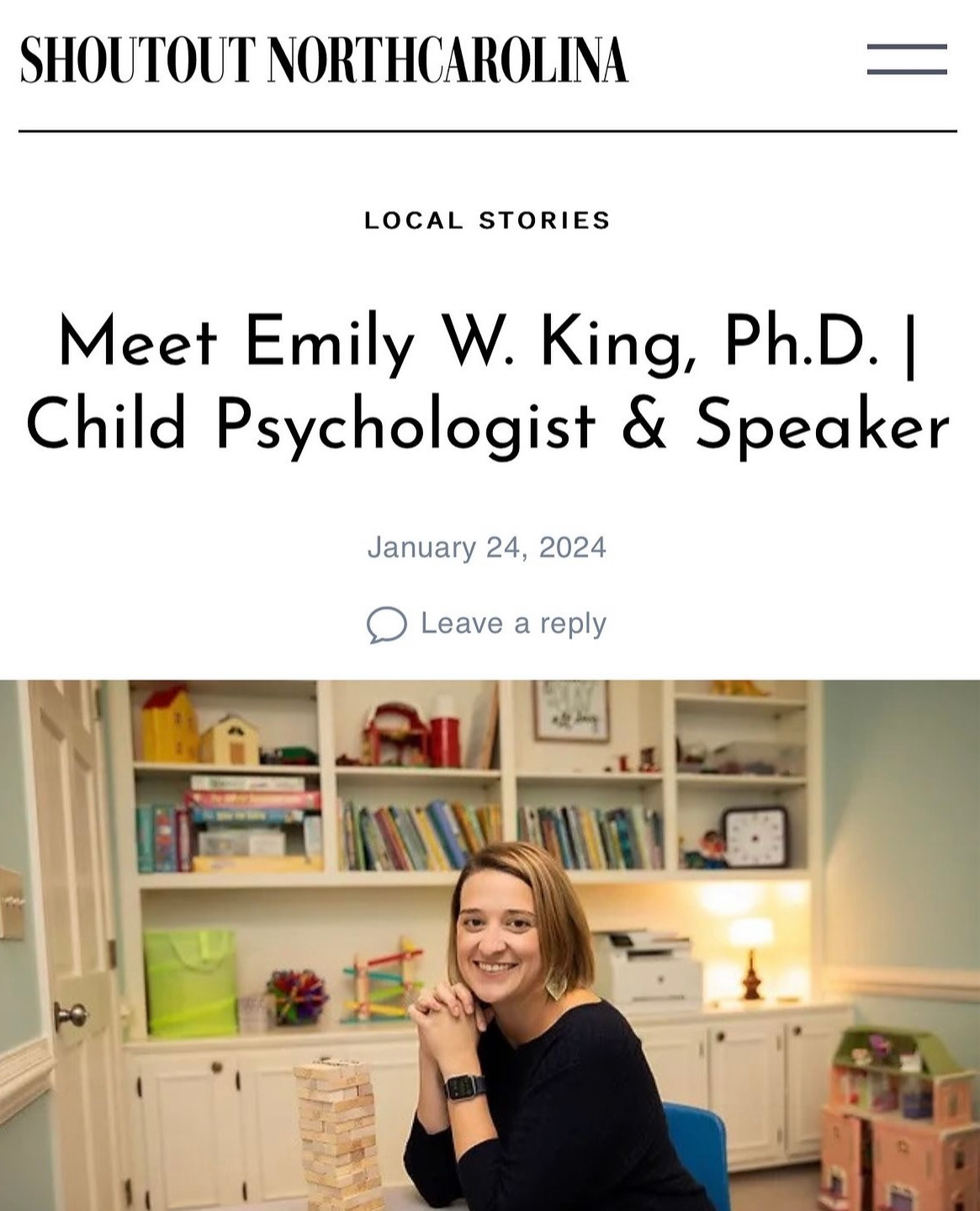Weekly Recap: How to Decide if Your Neurodivergent Child is Ready for Kindergarten
+ UPCOMING February Parent Workshop THIS Friday!
Notes from the therapy room…
Hey y’all,
On Wednesday morning, I provided three hours of professional development for educators at a local elementary school discussing how anxiety impacts learning, how to prevent negative behavior, and how to support teacher mental wellness. Every time I meet with teachers, I am filled with hope. I’m also reminded of the importance of everyone’s role—teachers, parents, and therapists—to provide the optimal environment and level of engagement for our kids to reach their potential.
This got me thinking about the Maori word for autism: “takiwatanga” which means “in their own time and space.” Too often we ask neurodivergent kids to sit in seats and learn within timeframes that are very much not “in their own time and space.” And we wonder why we see negative behavior? We can do better. We can tweak so many things to help kids feel safe and connected at school. The Reframing Behavior worksheet for teachers is a start (free download-more info below) to help educators think through what they can adjust to open up a child’s path to learning.
Let’s keep learning together,
~Dr. Emily
On the blog…
How to Decide if Your Neurodivergent Child is Ready for Kindergarten
Kindergarten readiness actually has little to do with a child’s ability to sound out words, write their name, or count to 20. Early educators often share that the most helpful skills to have when entering Kindergarten are independence, problem-solving, and emotional regulation skills. As you can imagine, many parents of young children who have been identified as autistic or have ADHD, anxiety, or sensory processing differences, feel cautious about sending their child into a group learning setting before they might be ready.
There is a reason that Kindergarten isn’t First Grade. Historically, children started elementary school with First Grade, but as states began offering grants to schools who added a Kindergarten program in the 1960s and 1970s, districts began establishing Kindergarten classrooms. To this day, Kindergarten is not even required in some states. In my home state of North Carolina, attending school is only required from ages 7-16. However, we know from developmental and educational research that early education is highly recommended and predicts positive outcomes for students. I share this history to remind everyone that parents do have flexibility in how they support young children, depending on where you live and your circumstances.
With this flexibility in mind, parents raising neurodivergent children have multiple factors to consider when deciding when to send their child to Kindergarten. Keep reading for the most frequent questions I ask parents trying to decide between waiting a year or sending them on.
Upcoming Parent Workshop…
February’s Parent Workshop: Neurodivergence & Negative Self-Talk is one week away and open for enrollment. Register at the link.
In this workshop we will dive into:
Understand why children are engaging in negative self-talk
What's happening emotionally for your child in these moments
Think through why mistakes are harder for neurodivergent kids and teens
Help your child understand their brain and needs for support
Understand when and how to help your child practice frustration tolerance
Want access to all the parent workshops at a discount?
Upgrade to an all-access membership on Substack to receive access to all parent workshops and replays. ($450 value). The all-access membership is $275/year.
In the media…
This week, Shoutout North Carolina asked me about the education business I’ve created beyond my child psychology practice.
Being able to empower parents and teachers to create a better world for neurodivergent kids and teens is why I do this work!
I am so grateful that you are here with me and watched how Learn with Dr. Emily has grown in the past few years. Thanks for continuing to learn with me.
Resource for teachers….
FREE Reframing Behavior Worksheet
If you’re looking for a more positive way to figure out student behavior, I’m here for you. Think of this resource as your brainstorm session before the Functional Behavior Assessment (FBA).
The Reframing Behavior Worksheet will help you:
Identify what’s going on underneath the behavior: Brainstorm what might be happening within the student’s nervous system that may have led to the behavior
Organize your observations: Make notes of what you notice in the student but also what you notice in yourself to determine if you need any additional support with this student
Brainstorm when students are successful: When we notice the moments that students CAN do things, we can apply lessons of what works into other areas of need to better support for them
Adjust the environment to meet needs: Rather than asking students to do all the changing to meet a goal, we can also meet the child with adjustments in the environment that can lift them closer to success
For schools…
Now scheduling professional development for Fall 2024
If you’re a school administrator who loves watching students thrive, but your teachers need more guidance to meet the needs of such a diverse group of learners, I’m here for you.
You’ve provided professional development to support an understanding of social-emotional learning, but your teachers need more coaching on what to do when met with student behavior.
If you’re excited about the opportunity to create a school culture where your entire staff feels confident in supporting the neurodivergent needs and mental wellness of all students, you’re in the right place!








